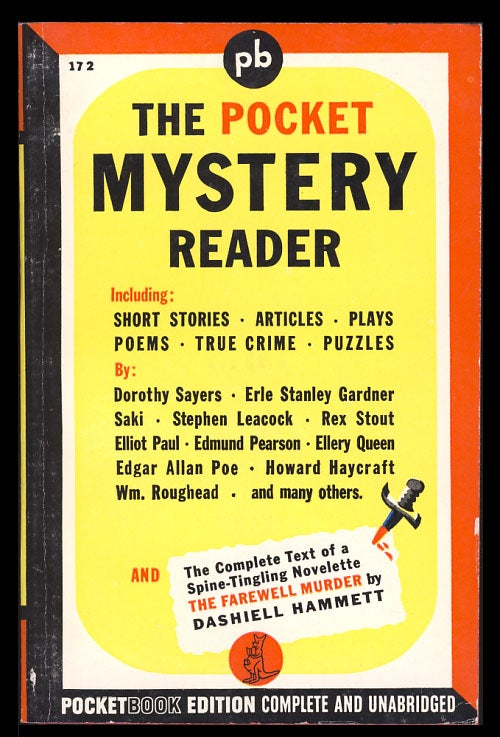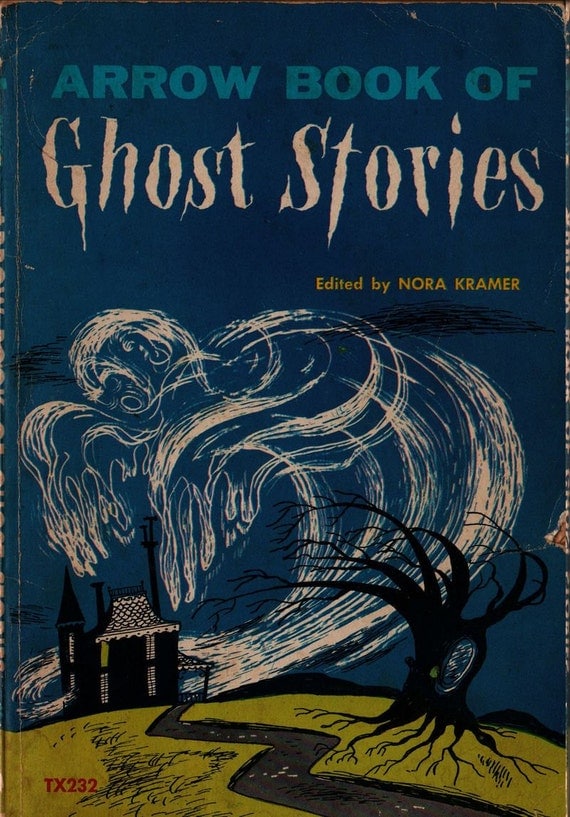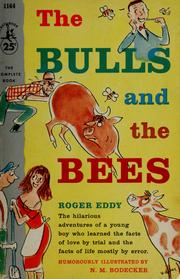 While working on my recent column on alternate history I was looking at my collection
of science fiction and noticed a book that took me back through the
decades. Out of this World,
edited by Julius Fast, was published in 1944 which means that, even as
old as I am, it was a used book when I got my hands on it, in my
father's personal collection. I was
probably around ten and it was already an antique. The copy I have now
is not the one I had then, by the way. I found it in a used book
store a few years ago. (By the way, Fast edited the book while serving
during World War II, using material he found in army base libraries. He
also won the very first Edgar Award for Best First Mystery Novel.)
While working on my recent column on alternate history I was looking at my collection
of science fiction and noticed a book that took me back through the
decades. Out of this World,
edited by Julius Fast, was published in 1944 which means that, even as
old as I am, it was a used book when I got my hands on it, in my
father's personal collection. I was
probably around ten and it was already an antique. The copy I have now
is not the one I had then, by the way. I found it in a used book
store a few years ago. (By the way, Fast edited the book while serving
during World War II, using material he found in army base libraries. He
also won the very first Edgar Award for Best First Mystery Novel.)I have fond memories of this collection of fantasy stories. There are stories by Saki, Robert Arthur, H.G. Wells, Lord Dunsany, and Jack London to name a few. But what really knocked me out was my first encounters with the late great John Collier. Collier was one of the great short story authors, a master of a certain kind of fantasy and mystery. His story "Witch's Money" (not in this collection) is on my list of top fifty crime stories of all time. There are no witches in it: it's about the disaster that hits an Italian village when a comparatively wealthy American artist moves in.
Running across that book a few days ago inspired me to go looking for another one I found in my Dad's collection when I was at that same impressionable age. I bought a copy over the web, and the shipping cost more than the book.
The Pocket Mystery Reader was also published during the war, and in fact, this copy was owned by Sergeant Lawrence E. Hough of the U.S. Army in 1943. (And I can tell you Sergeant Hough took much better care of his paperbacks than I do.)
I remember reading my father's copy mostly because I recall Rex Stout's parody of Sherlockian scholarship, his famous speech to the Baker Street Irregulars entitled "Watson Was A Woman." It's still funny. So are the essays by P.G. Wodehouse and Stephen Leacock.
This book was my first exposure to Dashiell Hammett and his Continental Op. ("The Farewell Murder," not one of his masterpieces.) In fact, while there are tales by Gardner, Sayers, and Woolrich, the only one I remembered from fifty years ago was "The Price of the Head,"by John Russell, which I recalled as being brilliant. However, I experienced one of the downsides of revisitng a favorite old book: On rereading I discovered it was racist trash. Apparently my memory wrote a completely different story and attached it to Russell's brilliant ending.
There is a ton of casual racism in this book which reminds me that it was published around the time Rex Stout produced a one-night extravaganza on Broadway just for writers, directors and producers, with the theme "We can't fight racism in Europe and appease it at home."
I was even younger when I ran across the Arrow Book of Ghost Stories. I thought I read the copy belonging to my sister Diane Chamberlain but she swears she never heard of it. What I can't forget is "The Wonderful Cat of Cobbie Bean," a lovely tale by Barbee Oliver Carleton. Cobbie gets a talking cat, which might not be so disastrous except Cobbie lives in Salem at the time of the witch trials…
Another book I dug up because of childhood memories was The Bulls and the Bees, by Roger Eddy. It's a novel (memoir?) in a series of short stories, narrated by the astonishingly solemn voice of a child growing up in the twenties. His father is a stockbroker and the boy's hobby is buying a single share of stock from different companies. He has no idea he is "investing." He thinks he's just buying interestingly engraved paper. This leads to a crisis after the Crash in 1929.
This has gone on too long. Maybe next time I will talk about childhood favorites I bought my daughter when she was a kid.
But what books call to you from your childhood? And if you reread them was it a joy or a disappointment?



